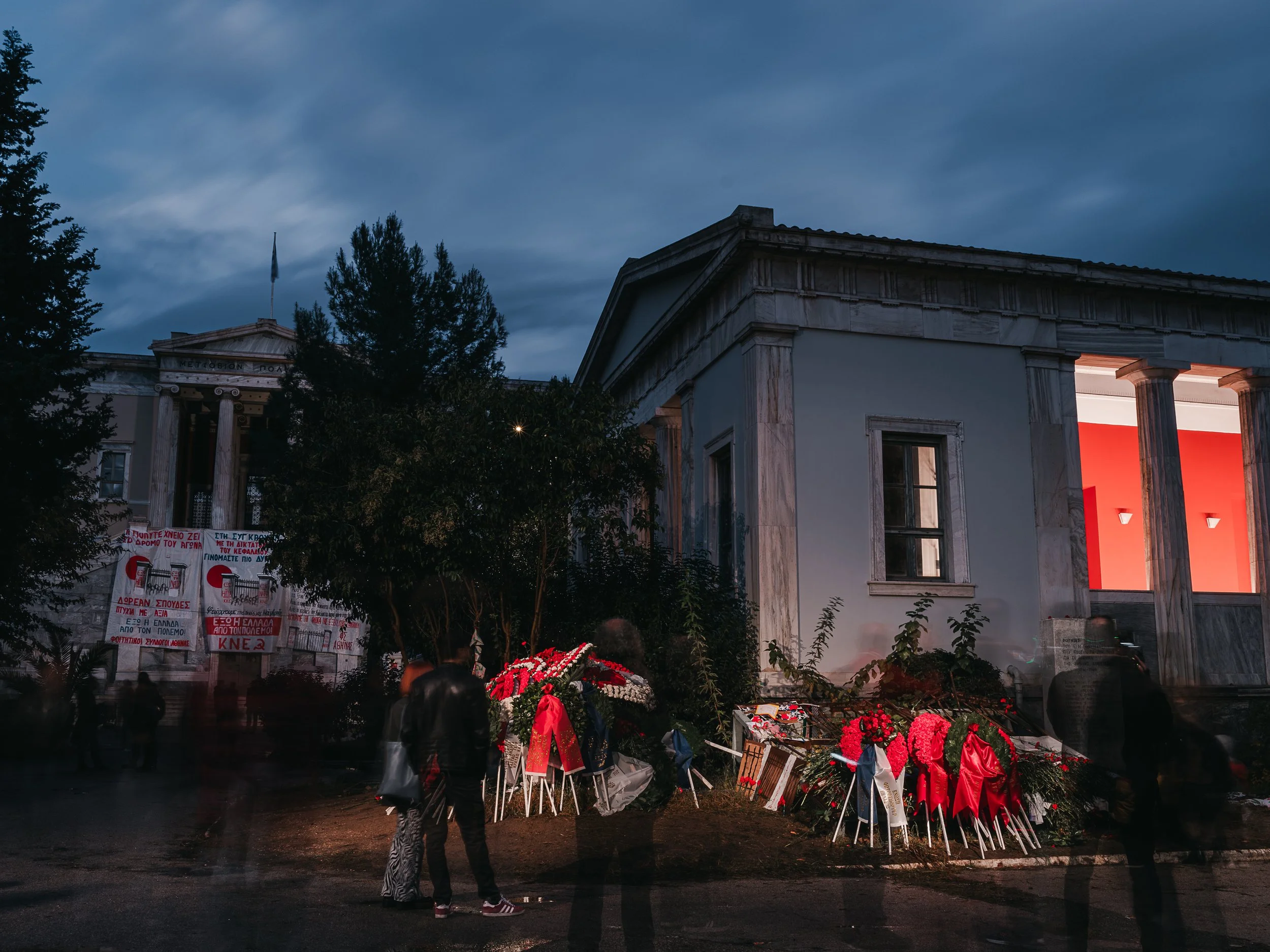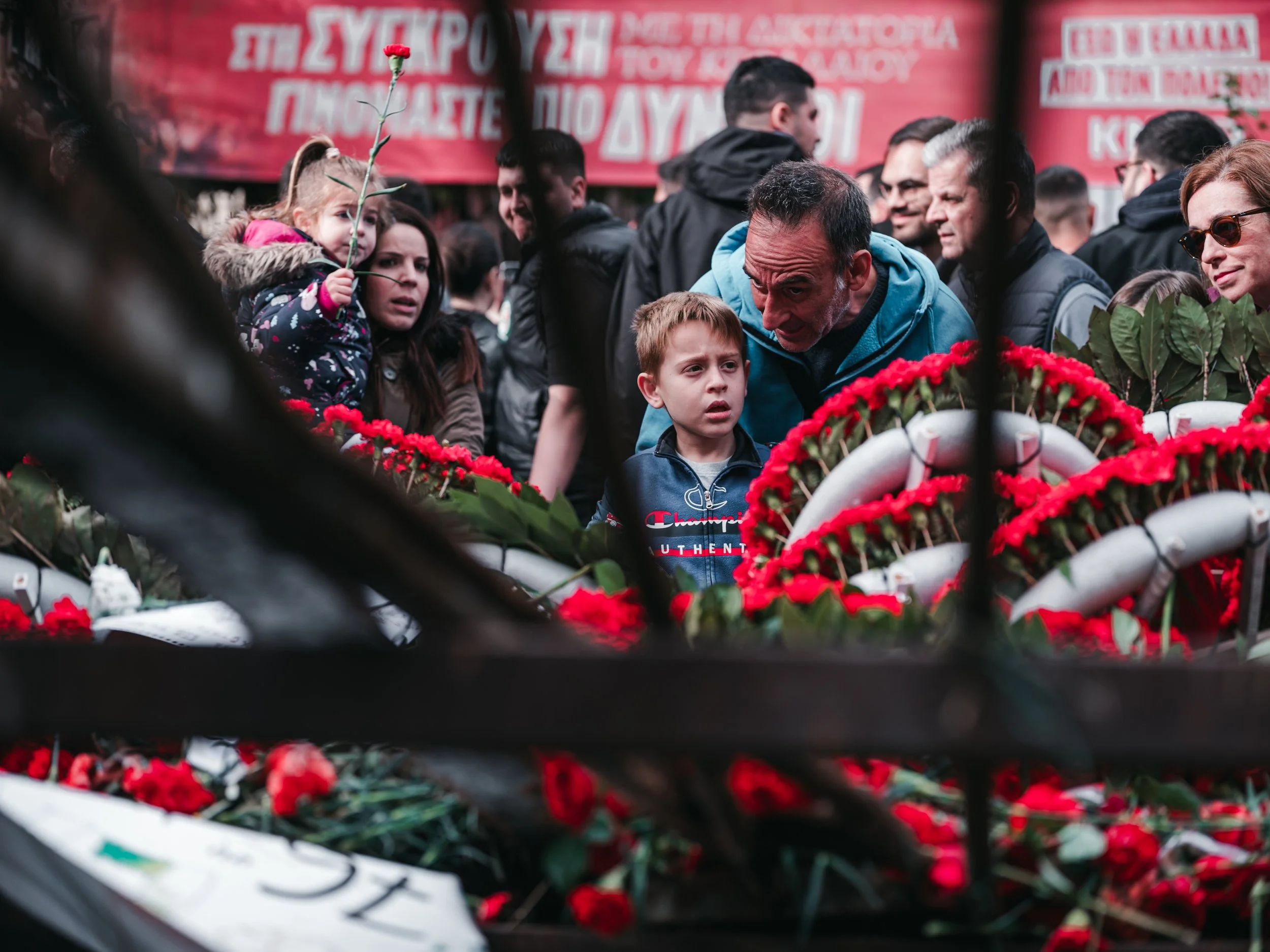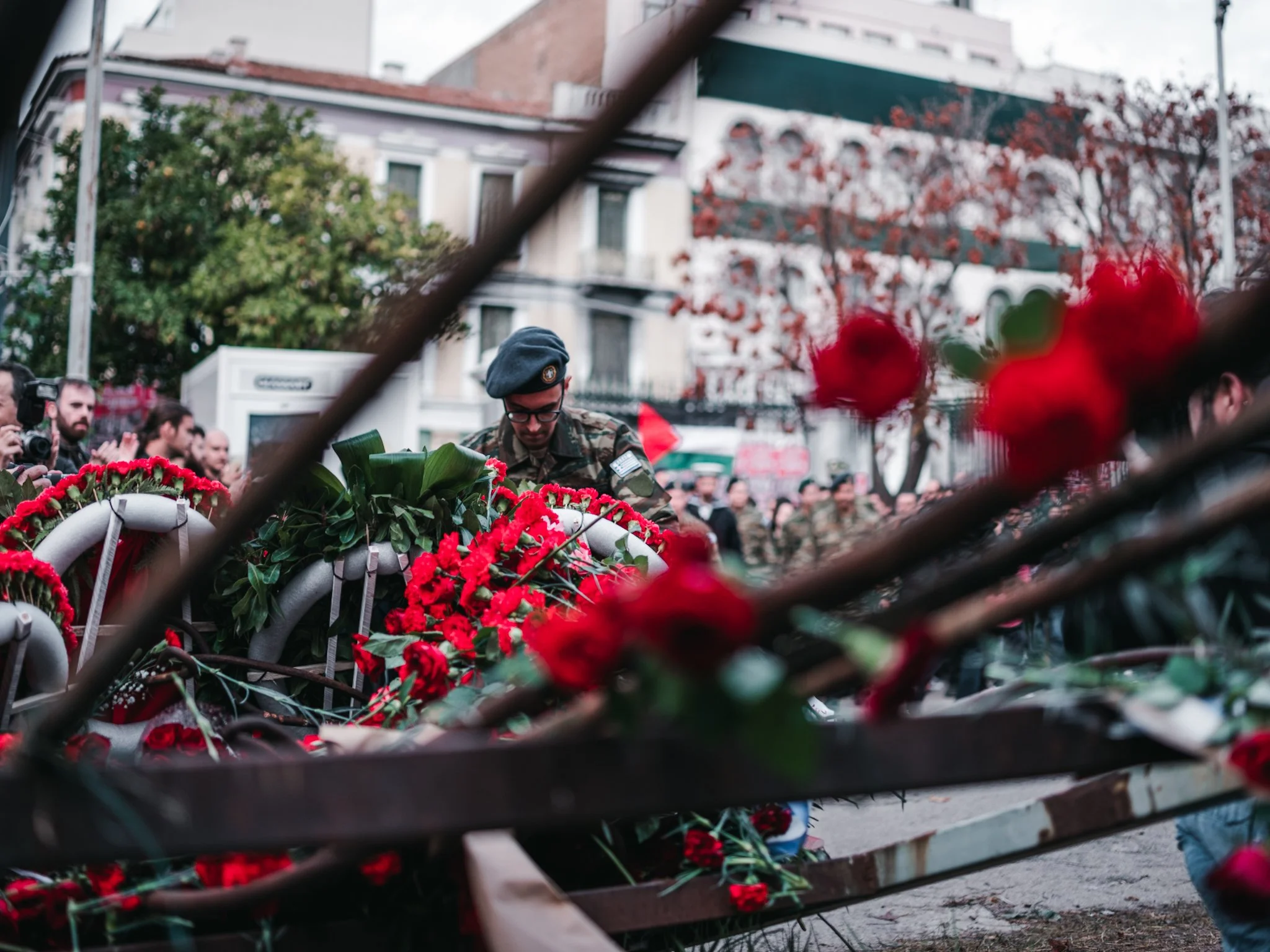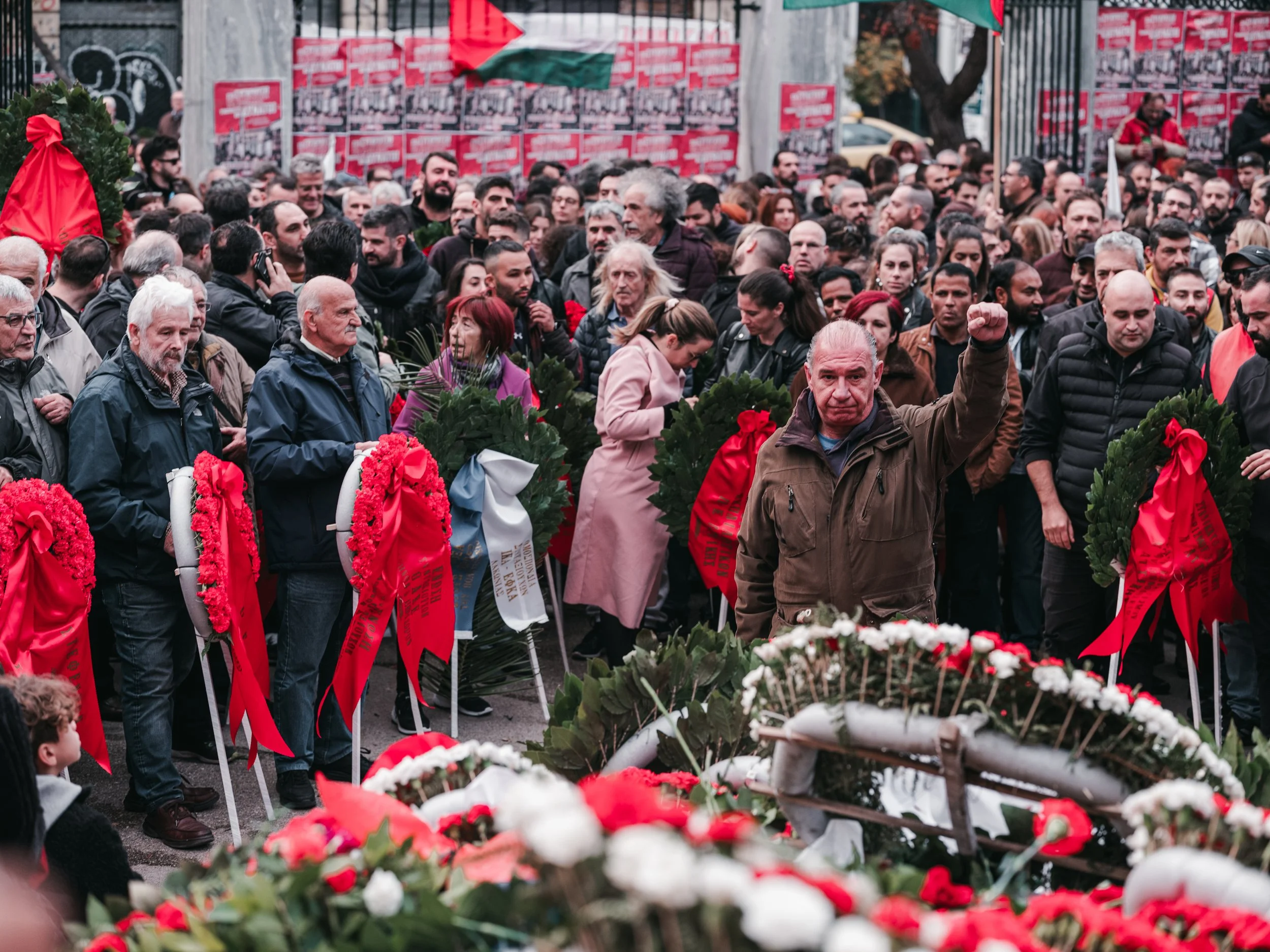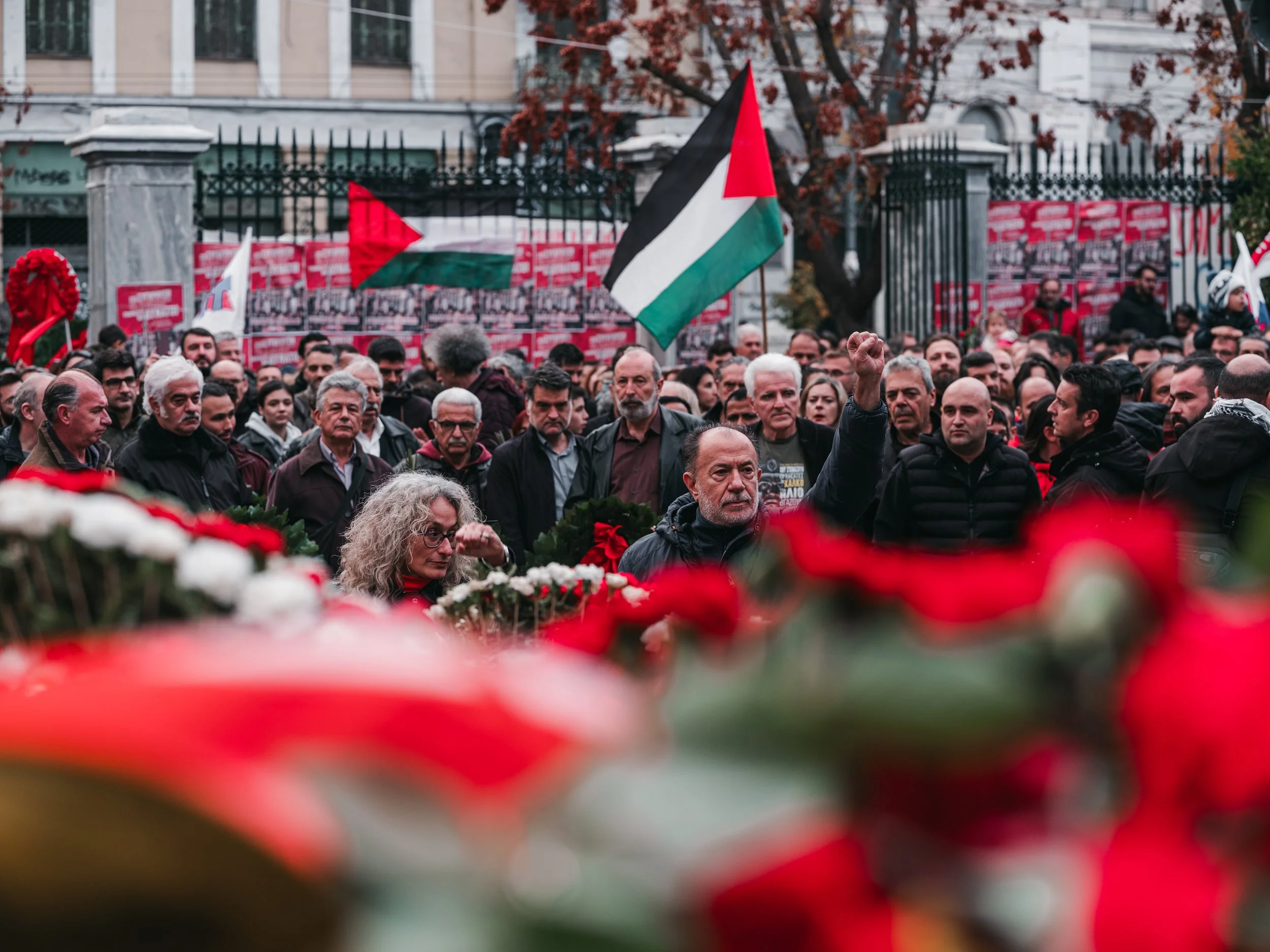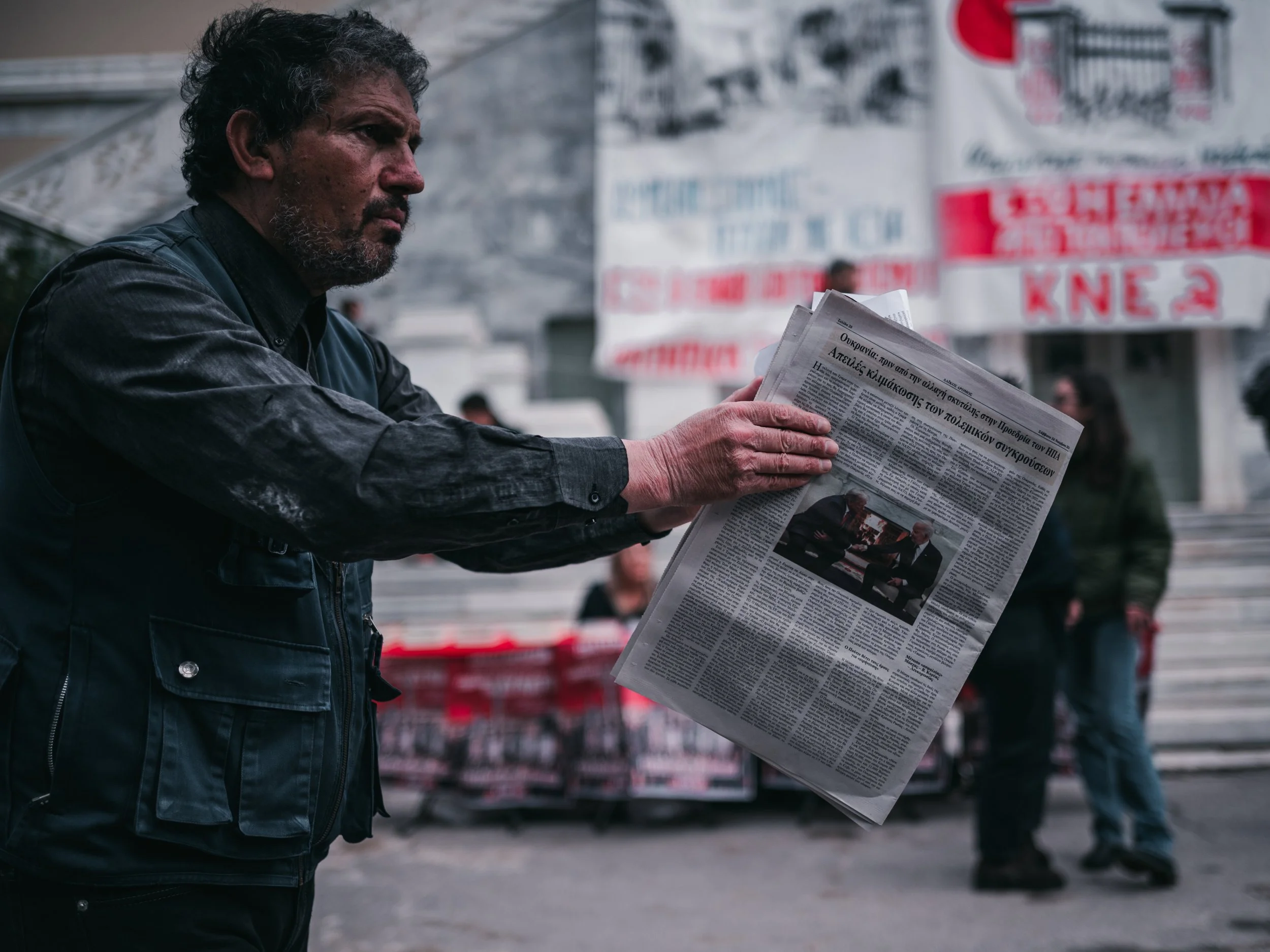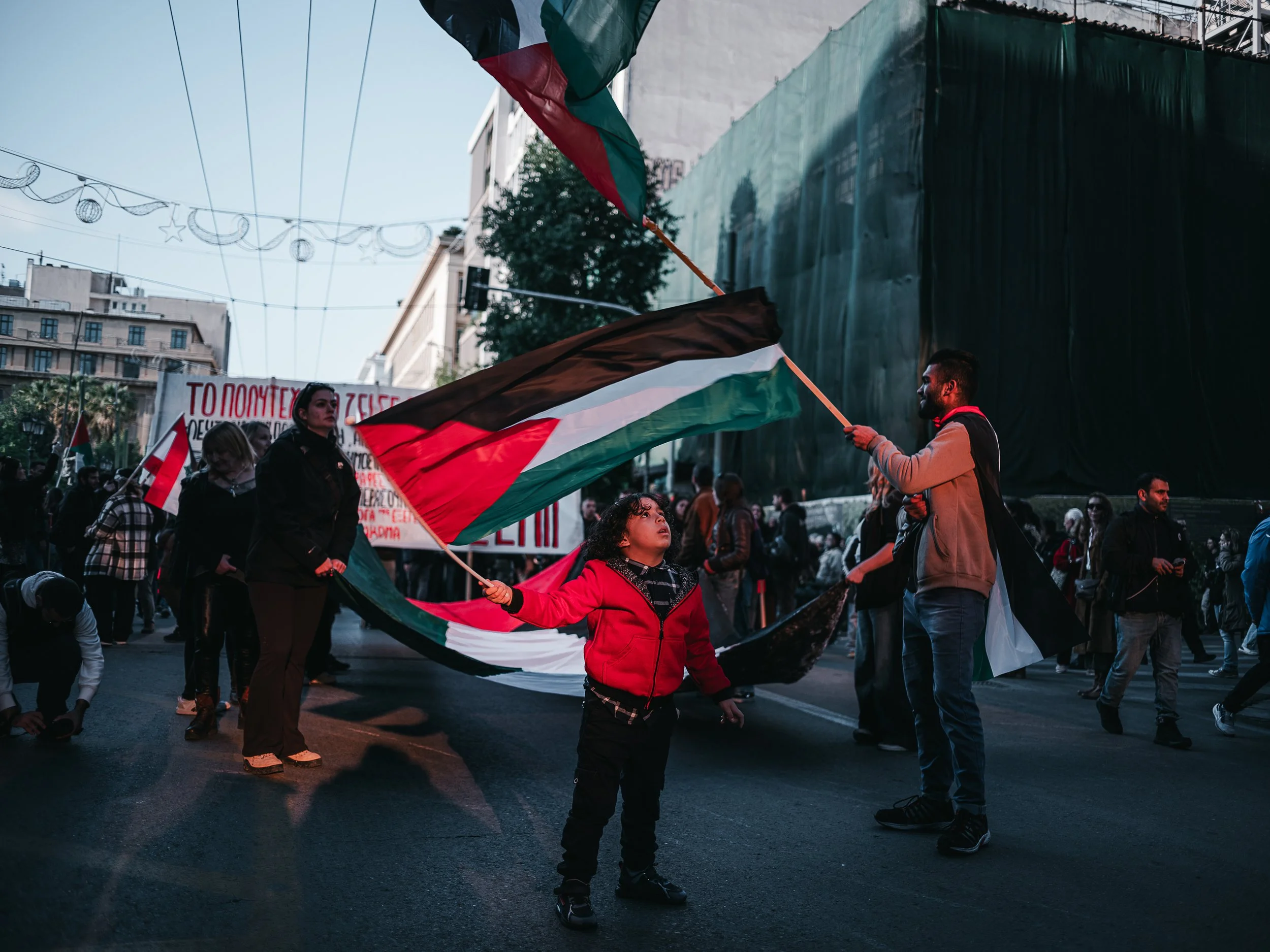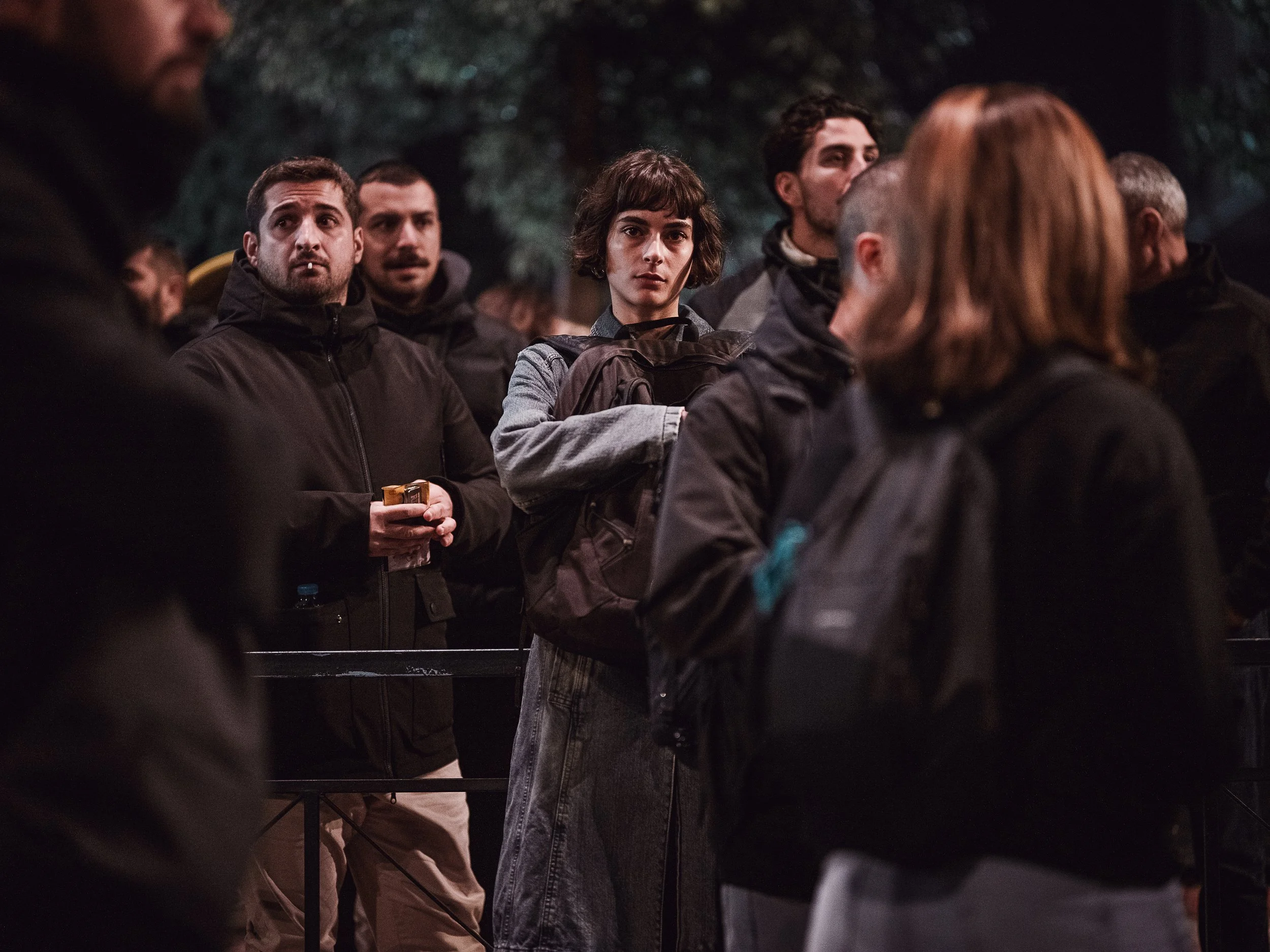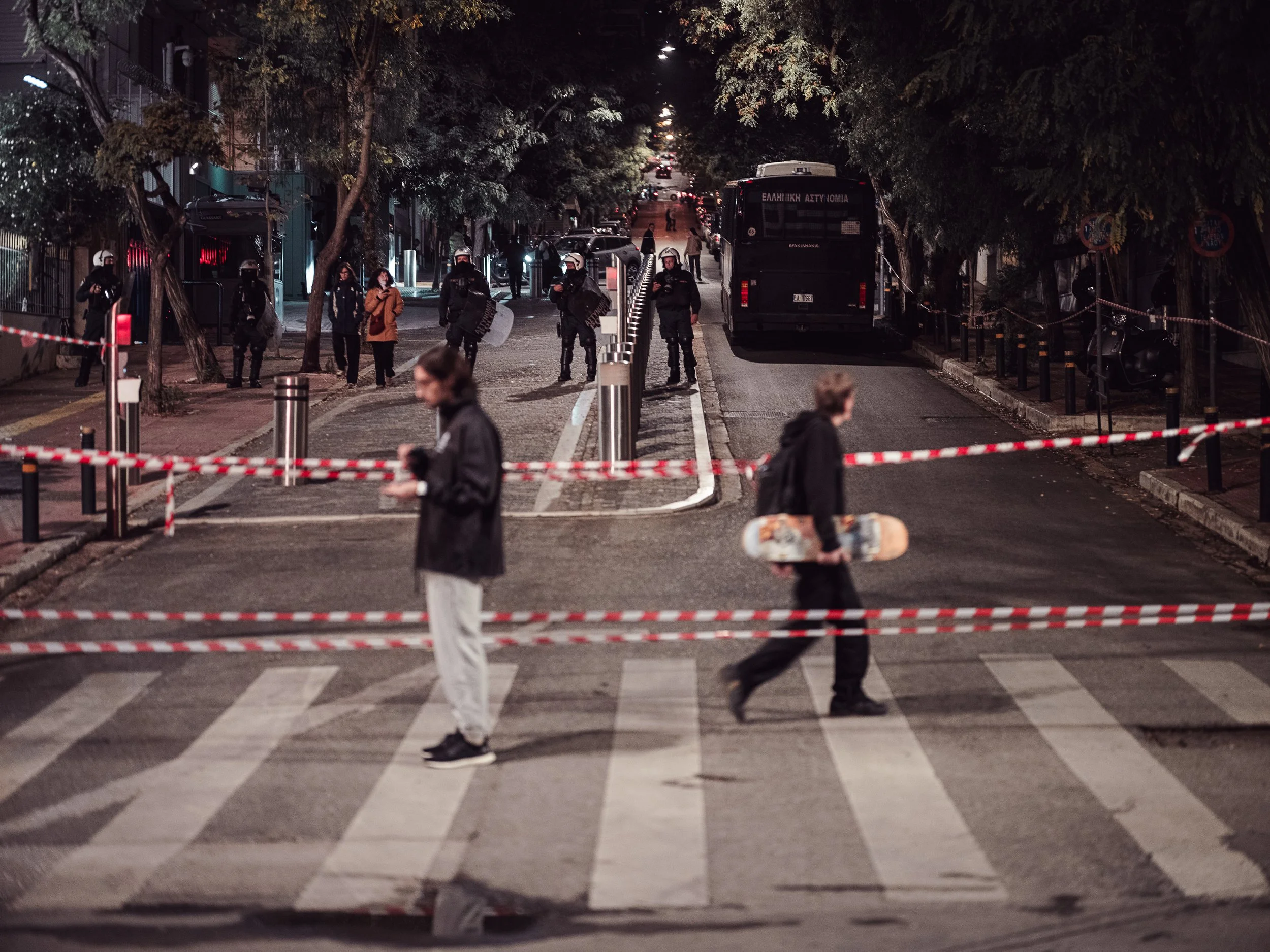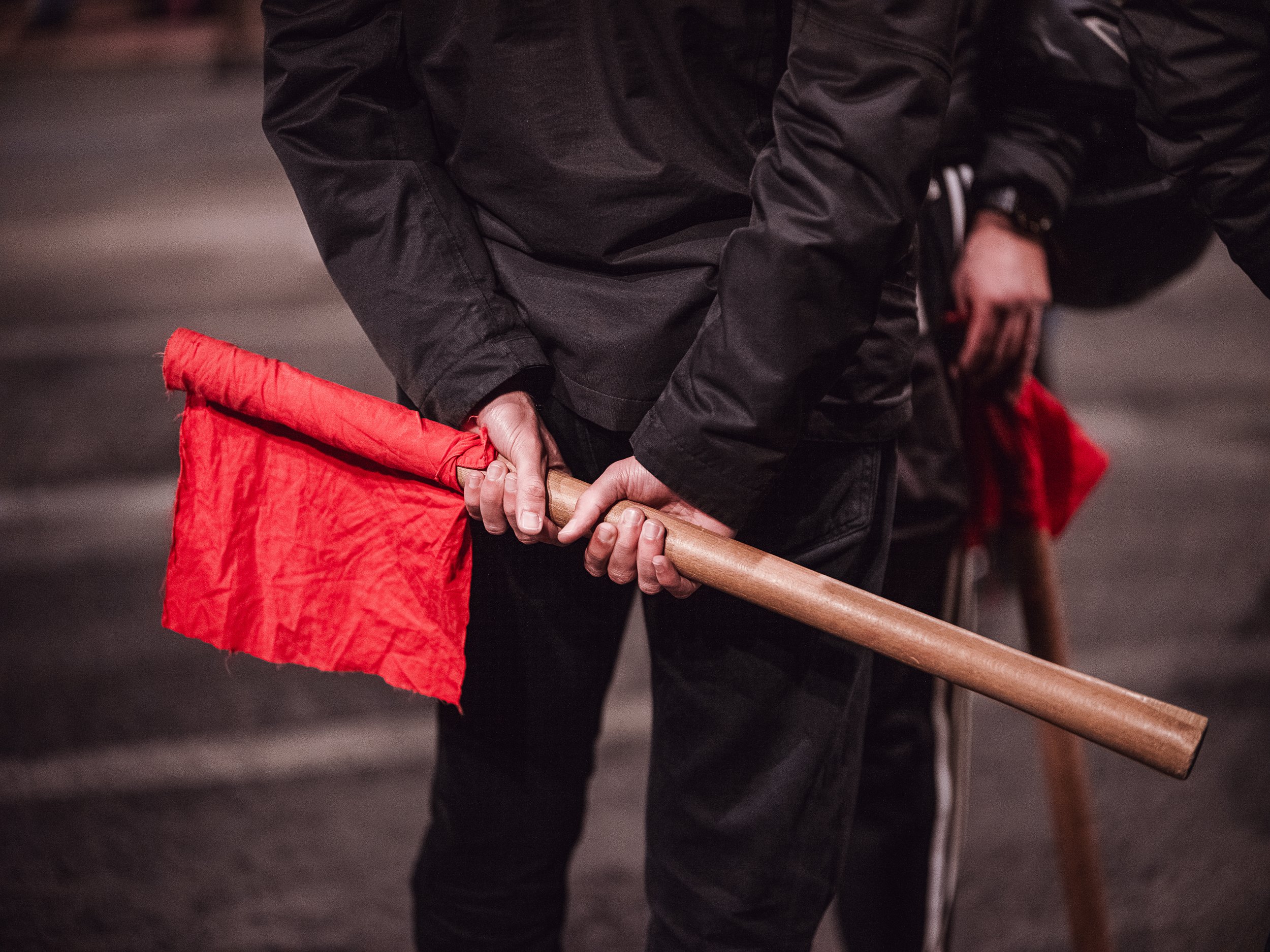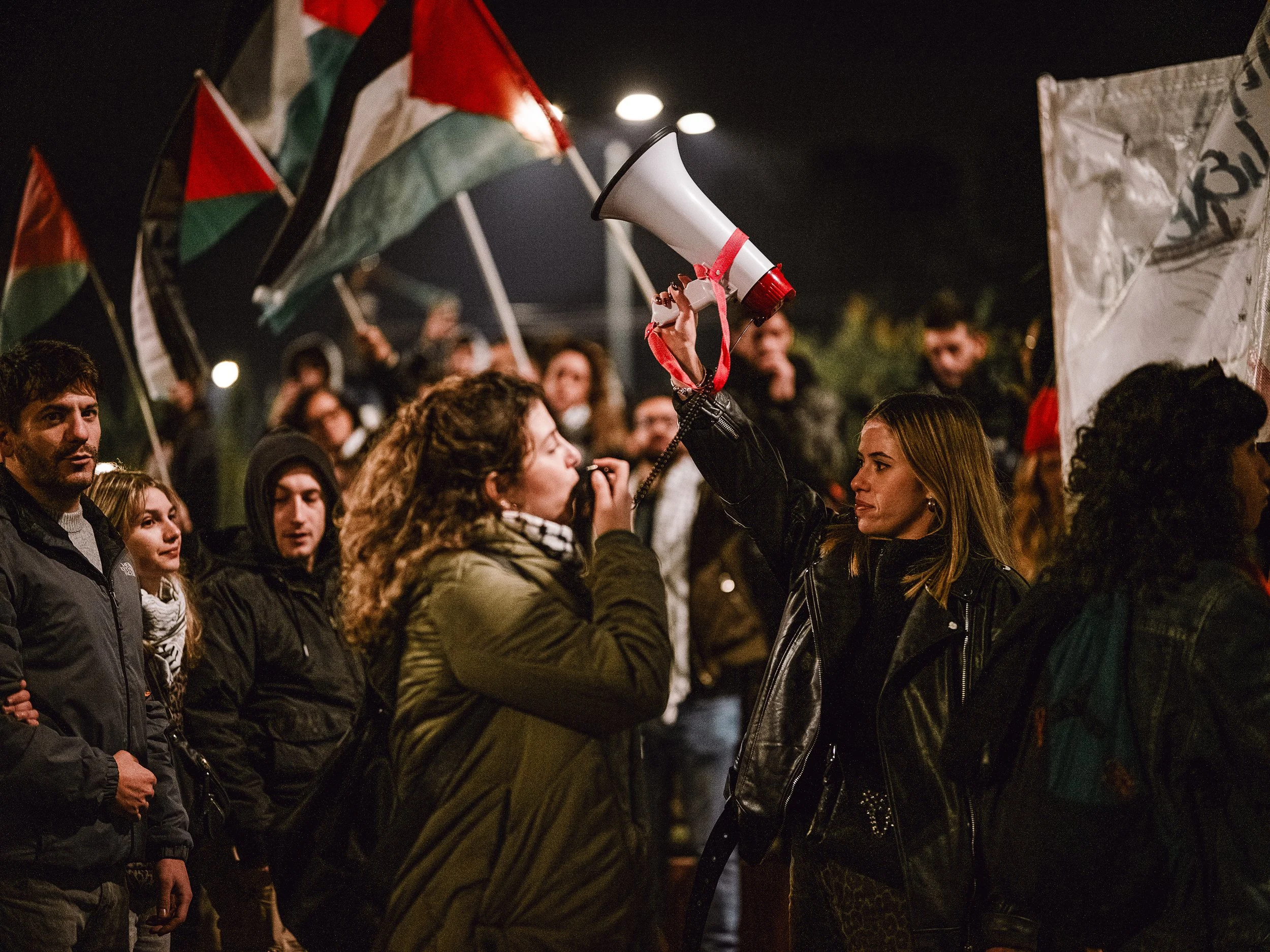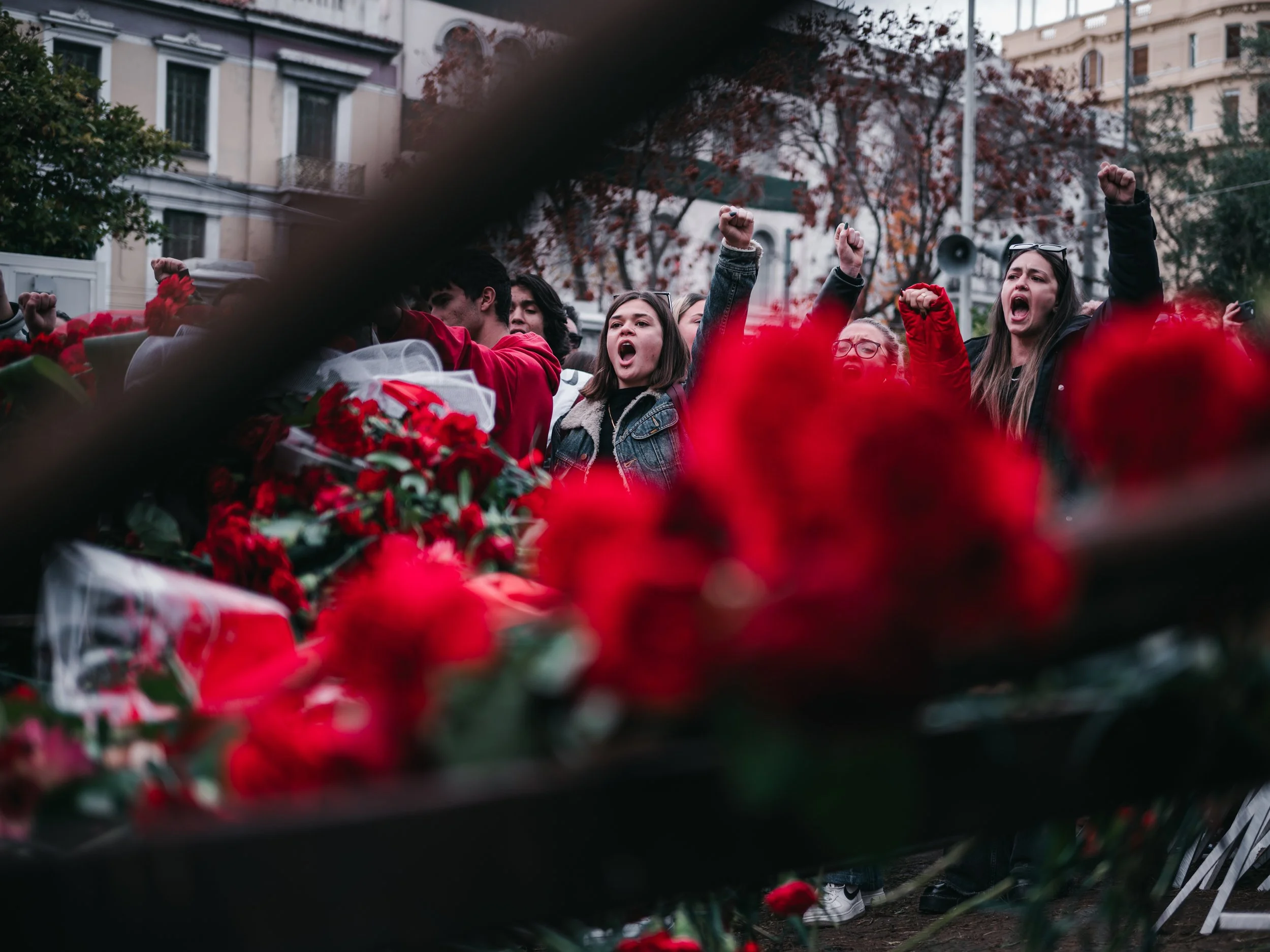
Polytechnic University - Athens, Greece
The Polytechnic Uprising of November 17, 1973: A Personal Reflection on Its Legacy
Standing in the heart of Athens on November 17, 2024, I found myself surrounded by thousands of people, young and old, marching in remembrance of the Polytechnic Uprising. The energy was electric, a mixture of reverence and resilience, as chants of freedom echoed through the streets. It was impossible not to feel the weight of history pressing down, a reminder of the struggle that led to the democracy we now cherish.
Reflections on the Past: Greece Under the Junta
The Polytechnic Uprising was not just another student protest; it was a defining moment in modern Greek history. In 1967, when a group of right-wing military officers seized power, Greece fell into a dark era of censorship, repression, and fear. Political dissidents were arrested, tortured, and exiled. By the early 1970s, the pressure was mounting, and the youth—especially students—became the voice of a silenced nation.
Walking past the Polytechnic gates today, covered in graffiti and adorned with wreaths, I couldn’t help but imagine the events of November 14, 1973, unfolding in real-time. Students barricaded themselves inside, voices trembling but unyielding, as they broadcast messages of resistance through a homemade radio station. Their words, calling for democracy, resonated far beyond the university walls, reaching homes, workers, and intellectuals who joined in solidarity.
A Moment of Defiance and Tragedy
The power of that moment must have been overwhelming—just as it felt today, standing among the crowd. The energy of the students back then, their unshaken commitment, must have been contagious. Their hope must have felt indestructible. But hope alone could not protect them when, in the early hours of November 17, 1973, the military decided to crush the protest. The sound of the tank rolling through the Polytechnic gates—something I have only seen in archival footage—must have been deafening, a brutal punctuation to their fight for freedom.
As I listened to speakers recount those harrowing moments during the 2024 commemoration, I could see how much that night still haunted the collective consciousness of Greece. People spoke of gunshots, of students disappearing, of mothers searching for their children in the chaos. The number of deaths is still debated, but the loss was real, and the fear lingered long after the crackdown.
The Aftermath and the Legacy We Inherit
The Polytechnic Uprising did not immediately bring down the junta, but it struck a fatal blow. The military regime’s grip on power weakened, and by July 1974, in the wake of the Turkish invasion of Cyprus, the dictatorship collapsed. Standing in the streets fifty years later, I could see the direct impact of that struggle—the democracy we now uphold, the freedoms we often take for granted, the ability to protest without the fear of a tank crushing our voices.
Why We March
This year, the march took a different route, moving toward the Israeli Embassy instead of the U.S. Embassy, showing solidarity with Palestine. The decision reflected growing concerns over international injustices and drew parallels between struggles for freedom across the world. The chants for "Freedom, Justice, and Resistance" resonated not just as a memory of 1973 but as a call to action for those suffering today. Protesters carried banners linking the Polytechnic Uprising to the Palestinian struggle, emphasizing the shared experiences of occupation, repression, and the fight for dignity.
This shift in focus underscored an important truth: the Polytechnic Uprising was never just about Greece. It was about a universal struggle against authoritarianism, imperialism, and the silencing of voices that dare to demand justice. Just as the students of 1973 stood firm against oppression, today’s marchers recognized that the fight for freedom is ongoing and global.
Echoes of the Past in Today’s Greece
As I marched, I couldn’t help but reflect on the modern challenges Greece faces. The rise of far-right ideologies, economic instability, and increasing social inequalities echo the past struggles against authoritarianism. Just as the youth of 1973 stood up against the junta, today's generations are fighting against the resurgence of extremism and systemic injustices.
The far-right, once thought to be buried with the fall of the dictatorship, has found new ground in the form of nationalism, xenophobia, and economic desperation. Anti-immigrant sentiment is rising, workers' rights are under threat, and austerity measures continue to widen the gap between rich and poor. The Polytechnic Uprising reminds us that democracy is never guaranteed—it must be actively defended, and that defense is just as necessary now as it was 50 years ago.
Standing in the crowd, I saw young activists holding signs demanding better wages, human rights, and social justice. Their voices carried the same defiant energy that must have filled the Polytechnic all those years ago. The spirit of resistance lives on, evolving with the times but never losing its core message: that people deserve freedom, dignity, and the right to shape their future.


